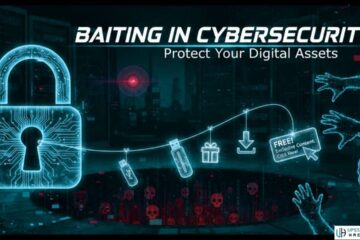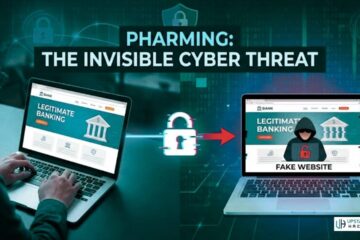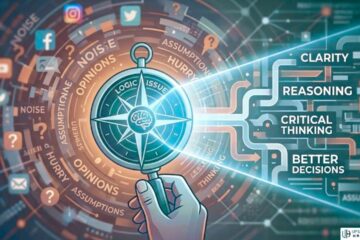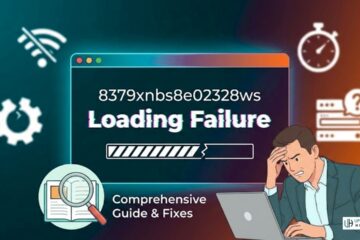10 Common Myths About Cybersecurity Careers
Cybersecurity is one of the most discussed and in-demand fields in IT. As the digital landscape evolves, the role of cyber security specialists becomes increasingly crucial. However, numerous myths and stereotypes have formed around information security-related professions. Let’s debunk the 10 most common ones.
Myth 1. You need to be a hacker to work in cybersecurity
Reality: While a deep understanding of hacker approaches and techniques is useful, most cybersecurity specialists are not hackers. Their job is to protect, not attack.
Myth 2. A higher education in IT is necessary
Reality: Education is certainly important. But many skills can be acquired independently by completing specialized courses and obtaining certificates. In this field, practical skills are valued above all.
Myth 3. All cybersecurity specialists are tech geeks and introverts
Reality: It’s quite the opposite. Communication skills and the ability to work in a team are very important. You’ll need to constantly interact with colleagues and explain technical concepts to non-technical specialists.
Myth 4. The work is boring and monotonous
Reality: Each day brings new challenges. Technologies are evolving, and new threats are emerging. You definitely won’t be bored. And the opportunity to protect companies and people brings great satisfaction.
Myth 5. Installing antivirus software is enough to ensure security
Reality: Antivirus is just one of many protection tools. Comprehensive cybersecurity requires constant monitoring, system updates, employee training, etc. It’s a continuous process.
Myth 6. The job is only about technical skills
Reality: In addition to hard skills, soft skills are also important: critical thinking, communication, creativity in problem-solving. You have to consider the “human factor” – after all, people are often the weakest link in the security system.
Myth 7. Specialists are only needed in large IT companies
Reality: Today, cybersecurity issues are relevant for businesses of any scale and industry. Banks, retail, government sector, industry – experts in information protection are required everywhere.
Myth 8. Professionals know everything about security
Reality: In this field, you need to constantly learn. New attack vectors appear, and protection techniques change. Even experienced specialists need to regularly update their knowledge.
Myth 9. The specialist’s work is limited to technical tasks
Reality: An important part of the job is risk management, consulting, and developing security policies and regulations. You need to be able to look at problems comprehensively and strategically.
Myth 10. It’s easy to build a career in cybersecurity
Reality: It’s not an easy path and requires constant development of hard and soft skills. But if you’re interested in technology, enjoy learning, and are ready to take on responsibility – a career in this field promises to be exciting and promising.
We hope this article has helped dispel some myths and show a realistic picture of the cybersecurity specialist profession. If you’re attracted to this field – don’t be afraid to try your hand. With proper perseverance and a desire to learn, the doors to this fascinating industry are open to you.










